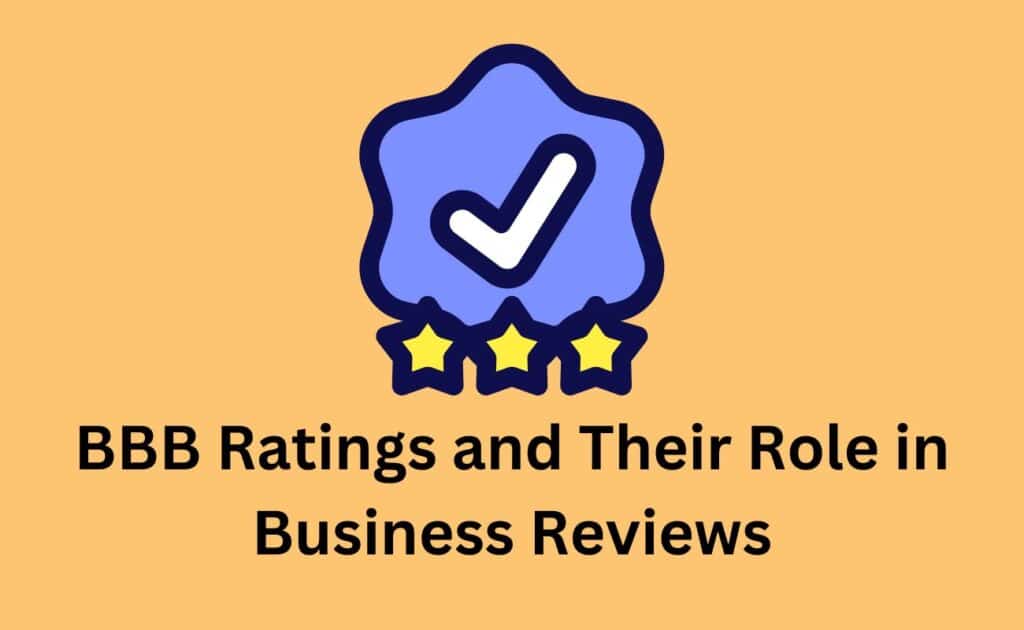The Better Business Bureau (BBB) is a name that has become synonymous with trust and credibility in the business world. For decades, the BBB has served as a guiding light for consumers seeking trustworthy companies and for businesses aiming to build strong reputations. But what exactly does the BBB do, and how do its ratings impact businesses and consumers alike? In this blog, we’ll dive into the details of BBB ratings, its purpose, and why it remains relevant in today’s digital landscape.
What Does BBB Mean?
The Better Business Bureau (BBB) is a nonprofit organization established in 1912 to promote ethical business practices and foster trust between businesses and consumers. It operates across the U.S., Canada, and Mexico, connecting consumers with trustworthy businesses and helping resolve disputes when issues arise. The BBB’s mission is simple: to ensure a fair marketplace where both businesses and customers thrive. Its services include:
- Business accreditation.
- Customer complaint resolution.
- Rating businesses based on reliability and trustworthiness.
When you see the BBB logo or accreditation, it signals that a business values transparency and ethical practices, making it a valuable tool for decision-making.
What Is a BBB Rating?
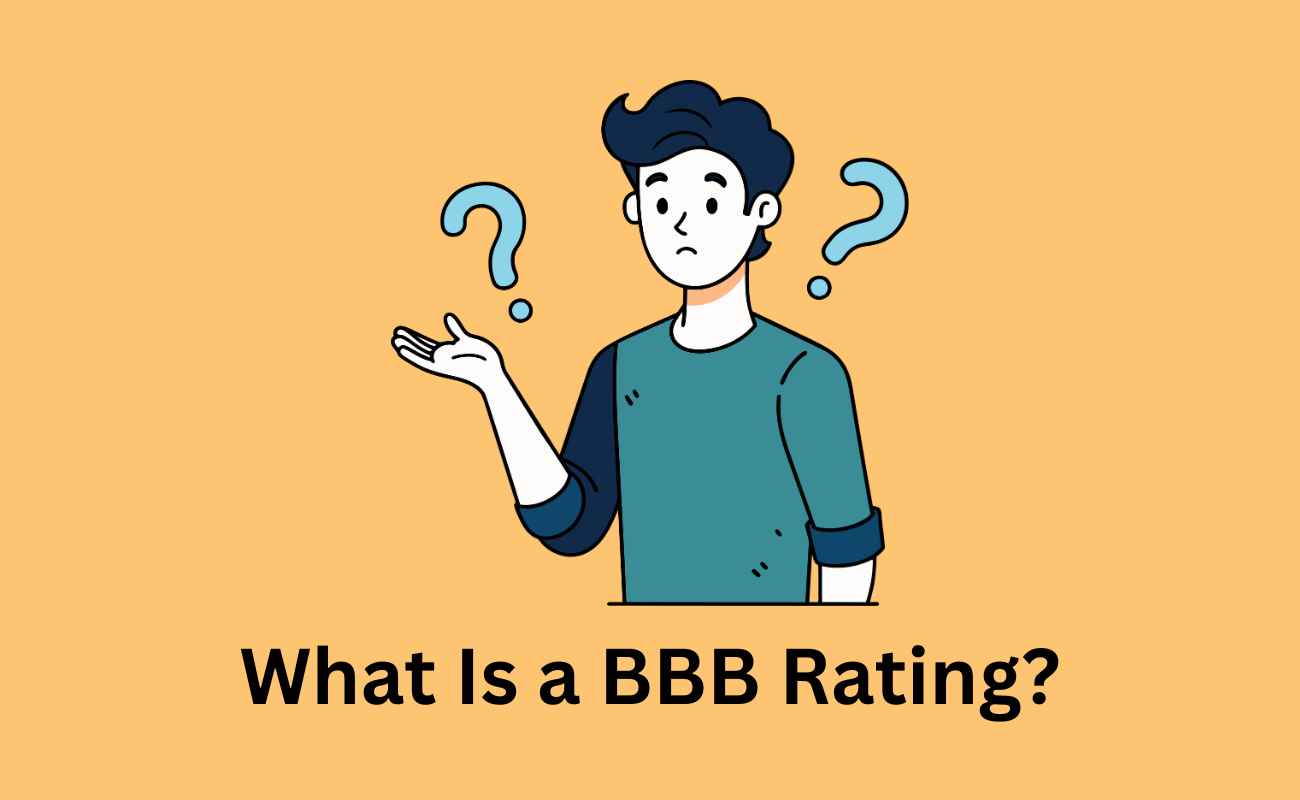 A BBB rating is a score given to businesses based on their behavior and customer interactions. These ratings range from A+ (highest) to F (lowest) and are designed to help consumers quickly assess the trustworthiness of a company.
A BBB rating is a score given to businesses based on their behavior and customer interactions. These ratings range from A+ (highest) to F (lowest) and are designed to help consumers quickly assess the trustworthiness of a company.
How Are BBB Ratings Determined?
BBB ratings are calculated using several factors:
- Complaint History: How a business resolves customer complaints.
- Time in Business: Older businesses with a solid track record often score higher.
- Transparency: Businesses that openly provide information (like contact details and ownership) are rated better.
- Accreditation: While accreditation isn’t mandatory for a rating, it can positively impact the score.
- Type of Business Practices: Companies engaged in unethical practices receive lower ratings.
These ratings provide valuable insights, making them essential for consumers who want to avoid scams and for businesses striving to build credibility.
Is BBB a Review Site?
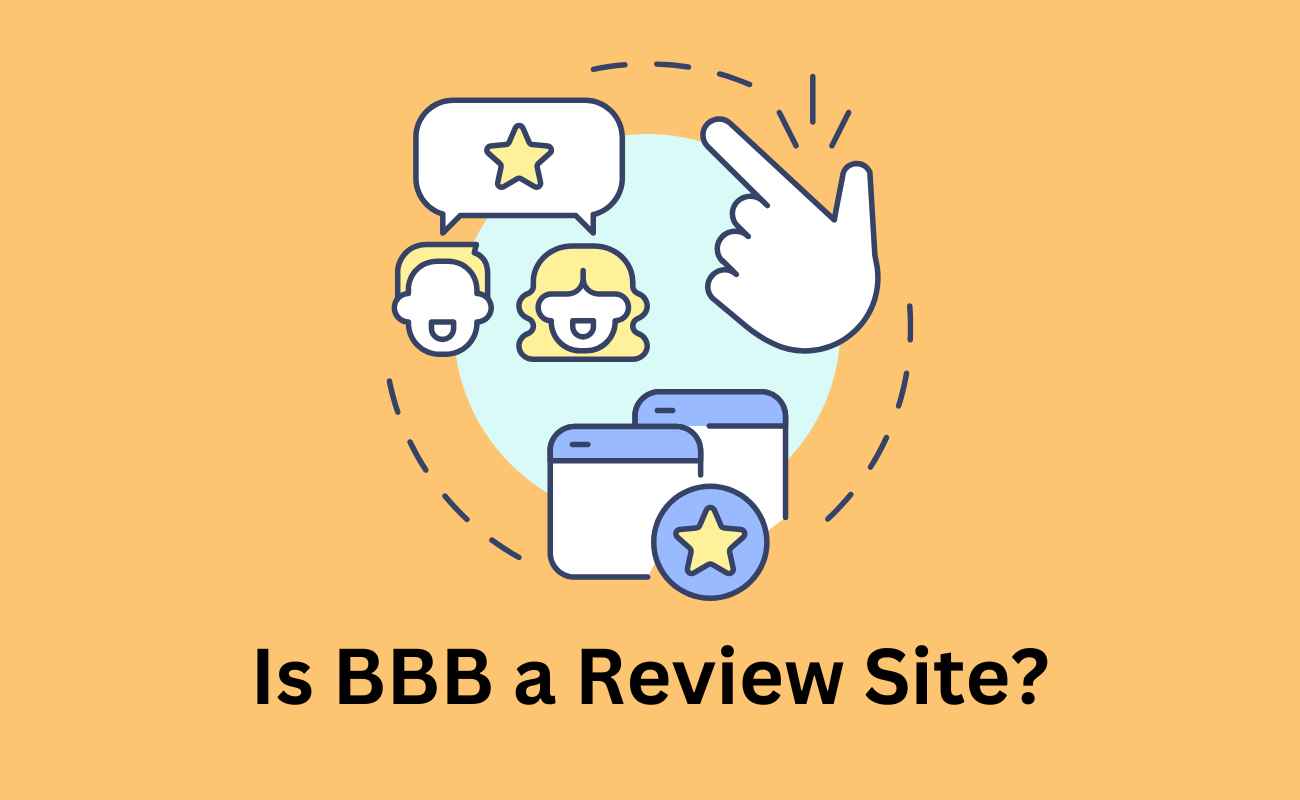 While the BBB may seem similar to other review platforms, it’s much more than that. Unlike sites like Yelp or Google Reviews, the BBB operates as a complaint resolution and business accreditation platform.
While the BBB may seem similar to other review platforms, it’s much more than that. Unlike sites like Yelp or Google Reviews, the BBB operates as a complaint resolution and business accreditation platform.
Key Differences Between BBB and Traditional Review Sites:
- Verification: BBB verifies business details, ensuring that only legitimate companies are listed.
- Complaint Resolution: Instead of just listing reviews, the BBB facilitates resolution between businesses and customers.
- Ratings, Not Just Reviews: BBB focuses on rating businesses based on multiple factors, not just user-generated content.
Consumers can submit reviews to the BBB, but these reviews often come with additional layers of verification, making them more credible.
Does BBB Still Exist?
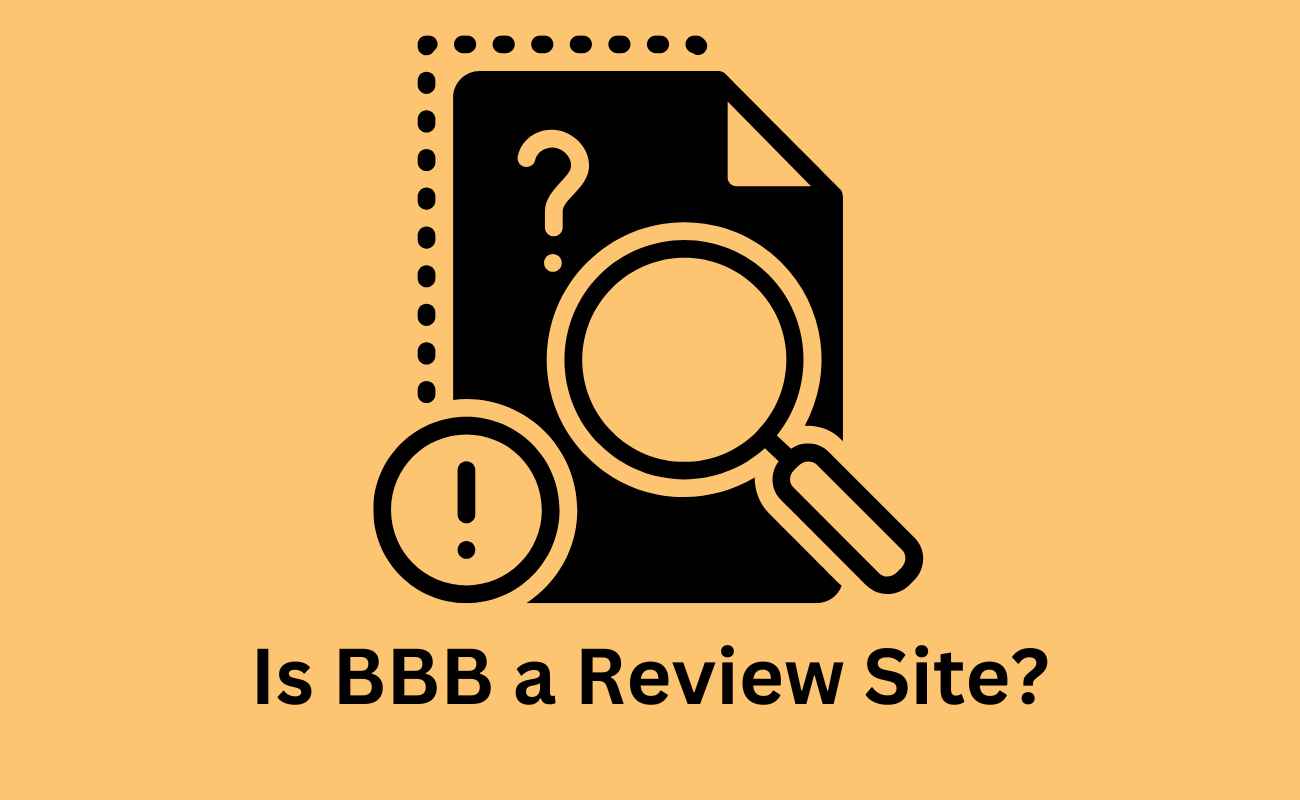 Yes, the BBB is very much alive and continues to be a trusted resource for consumers and businesses alike. While modern review sites and social media platforms dominate the digital landscape, the BBB has evolved to stay relevant.
Yes, the BBB is very much alive and continues to be a trusted resource for consumers and businesses alike. While modern review sites and social media platforms dominate the digital landscape, the BBB has evolved to stay relevant.
How BBB Adapts to the Digital Age:
- Online Profiles: Businesses now maintain detailed online profiles on BBB.org.
- Mobile-Friendly Tools: Consumers can access BBB ratings and reviews via mobile devices.
- Complaint Tracking: Customers can track complaint resolution progress directly on the BBB website.
For businesses, being listed or accredited by the BBB remains a badge of honor, signaling commitment to ethical practices.
Why BBB Ratings Matter for Businesses and Consumers
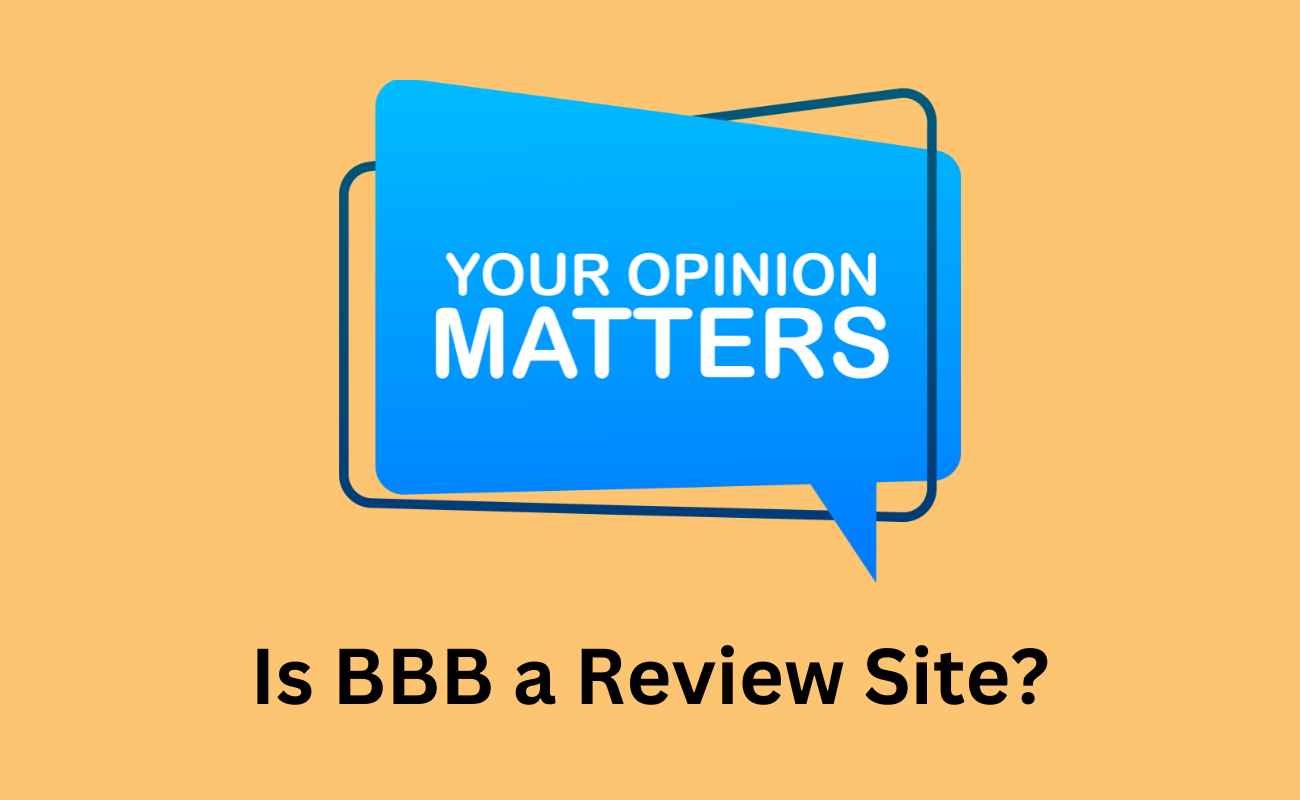
For Businesses
- Builds Credibility: A high BBB rating or accreditation shows that a business values transparency and customer satisfaction.
- Attracts Customers: Many consumers rely on BBB ratings to choose businesses they trust, especially for high-stakes services.
- Supports Reputation Management: Addressing complaints through the BBB shows that a business is committed to resolving issues fairly.
For Consumers
- Informed Decision-Making: BBB ratings and reviews provide a quick way to identify trustworthy businesses.
- Enhanced Protection: The BBB helps consumers avoid scams by identifying unethical companies.
- Complaint Resolution: Customers can resolve disputes with businesses more effectively through the BBB’s complaint process.
Conclusion
The Better Business Bureau remains a cornerstone of trust in the modern marketplace. With its unique focus on ethical business practices, verified ratings, and complaint resolution, it offers benefits that extend far beyond traditional review sites.
For businesses, maintaining a strong BBB rating can boost credibility and attract more customers. For consumers, it’s a valuable tool for making informed decisions and avoiding scams.
Whether you’re a consumer looking for reliable services or a business aiming to enhance your reputation, the BBB continues to be a trusted ally in today’s digital-first world.

